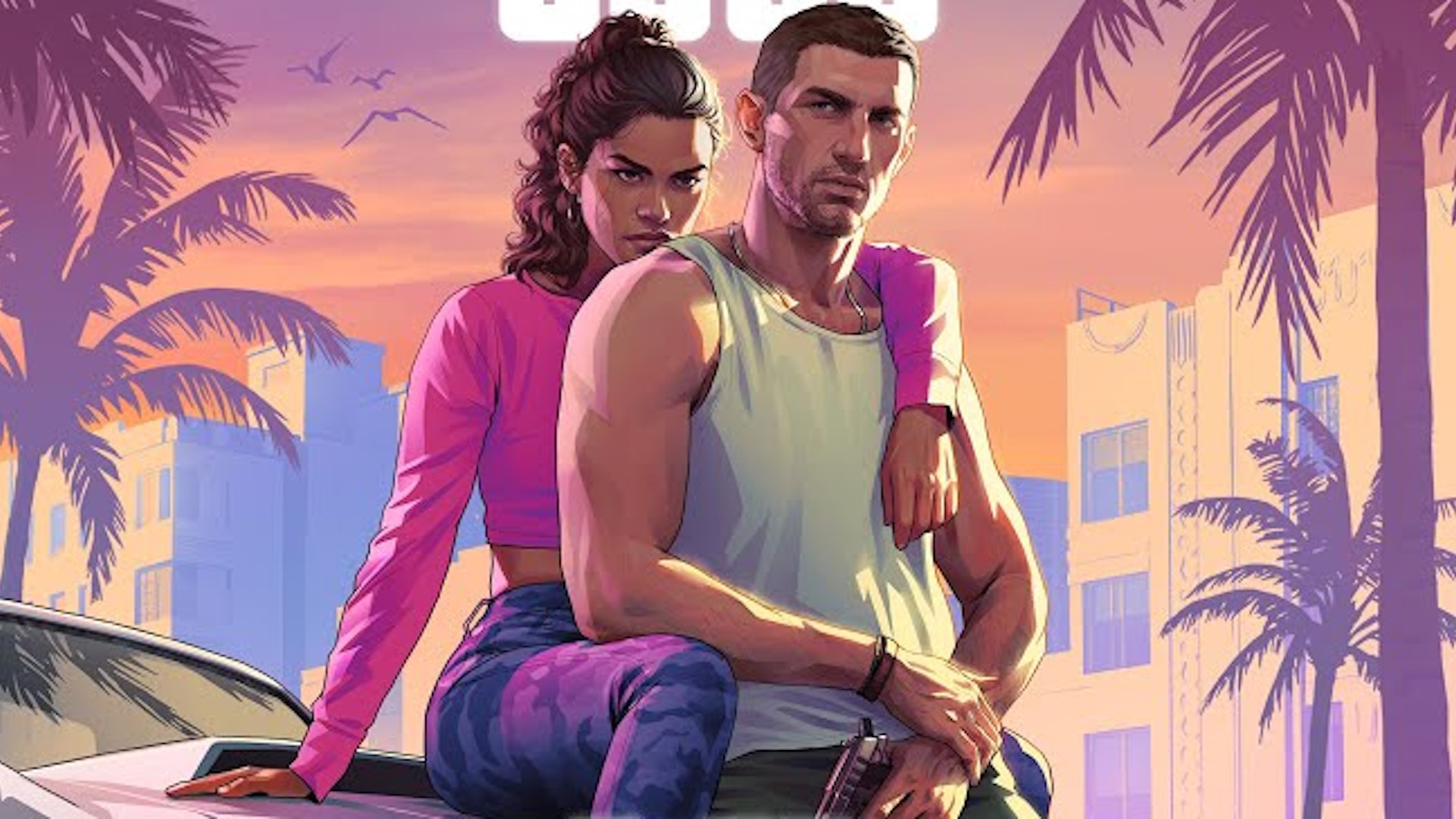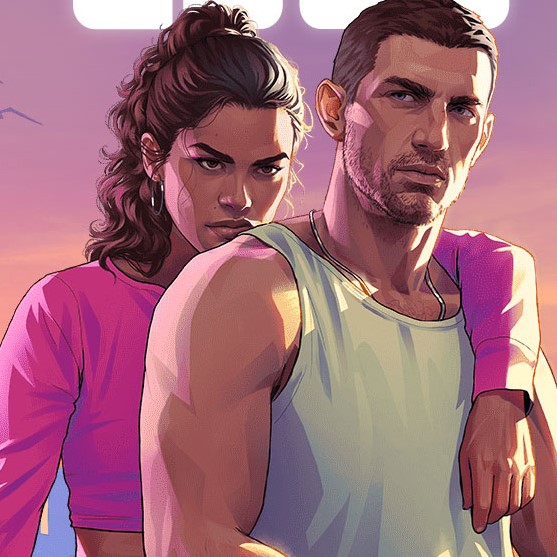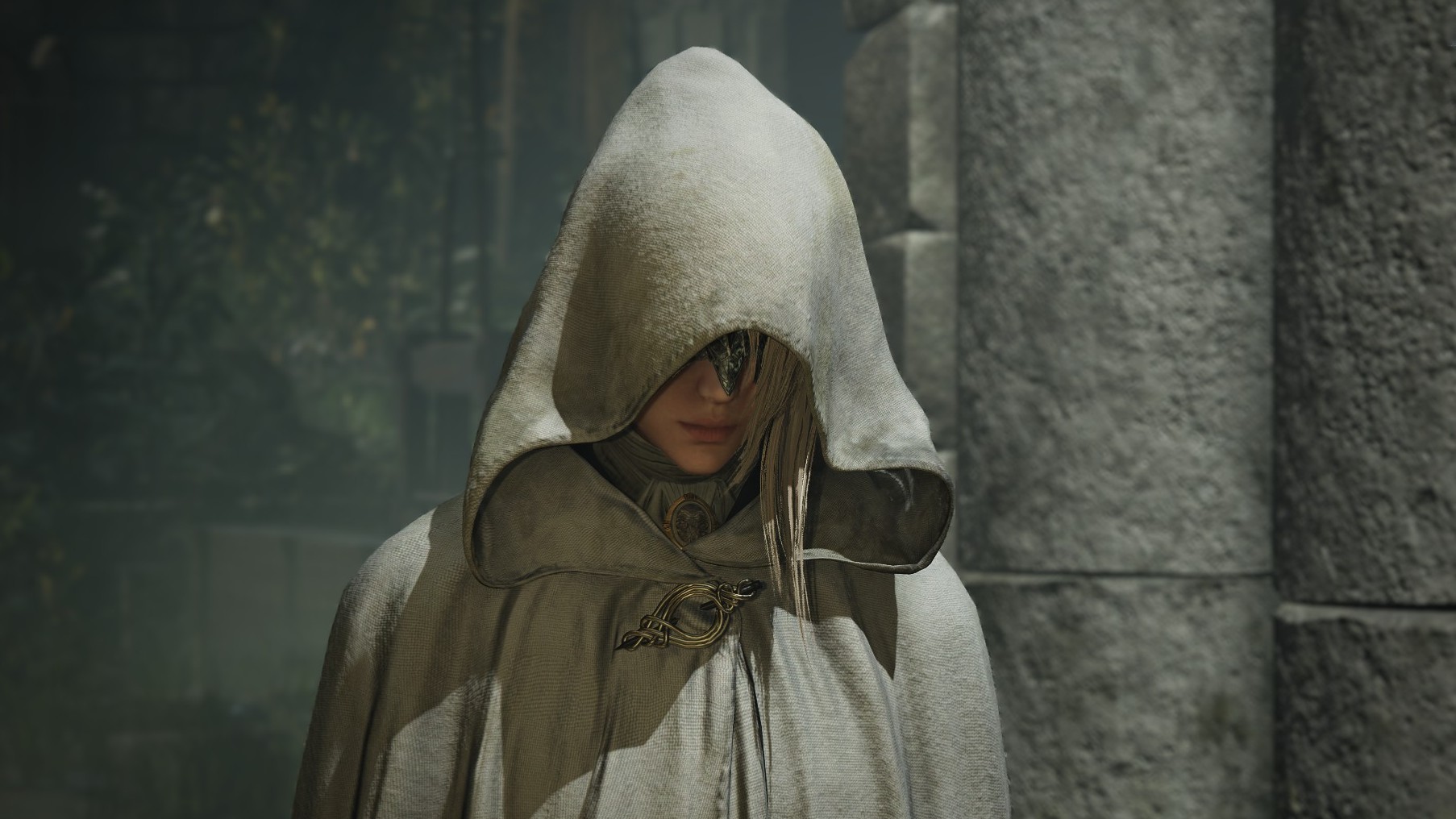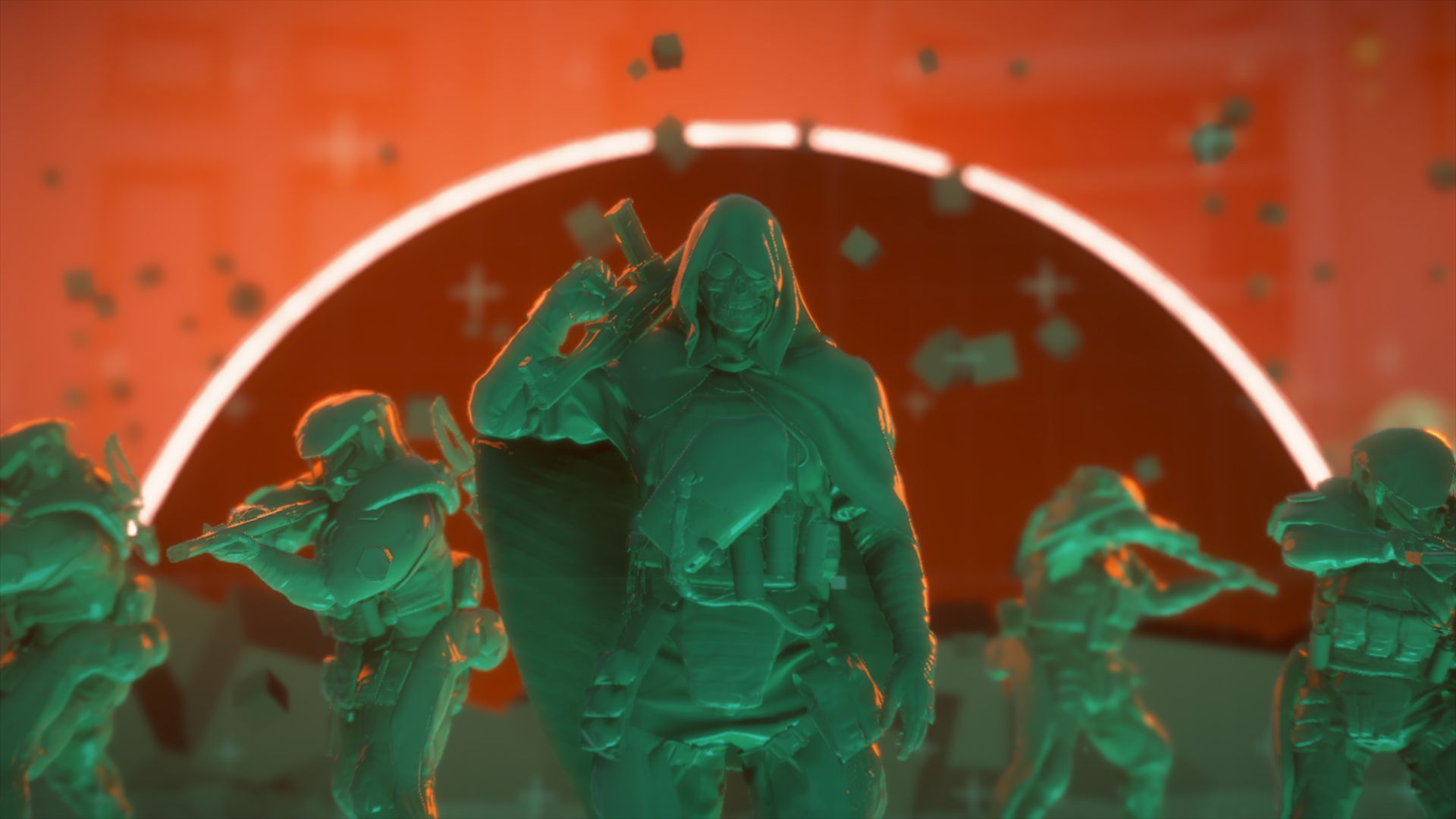
Grand Theft AI-to.
Generative AI has shunted its great technological heft into all sorts of industries over the past few years—and videogames aren’t an exception, not by a long-shot.
Voice actors in America are embroiled in a battle over rights to their own vocal likeness, studios with enough money to do better are bending over backwards to avoid paying artists, and no matter how many backlashes they endure, social media accounts keep thinking they can just rinse properties through a generator and call it a day.
That’s not to say it doesn’t have its uses—frame generation’s neat, and deep-learning tech has lots of annoying busywork to automate, but the way you see some execs talk about it, generative AI is somehow the future of everything. Soon we’ll be able to simply ask a machine to generate a game we want to play—and isn’t that better? Not really, says CEO of Take-Two Strauss Zelnick, a publisher that’s currently bankrolling a tiny little game called Grand Theft Auto 6.
That’s as per an interview with Carolyn Dailey in her book The Creative Entrepreneur (thanks, GamesRadar+). Zelnick is sounding pretty whelmed by the tech, overall: “I’m not worried about AI creating hits, because it’s built on data that already exists. It’s backward-looking. Big hits are forward-looking and therefore need to be created out of thin air. Being the most creative means not just thinking outside the box; it means there is no box.”
I’m skeptical as to whether generative AI can actually produce a cohesive videogame you’d want to, y’know, invest time into—but supposing it can in the near future, Zelnick isn’t that far off the mark, here. Stuff like the garish Ghibli-style AI generated art is eerily competent, and it might send ripples through social media, but in terms of making anything that has a lasting impact on people, I don’t think anyone cares.
Or, in the words of Psychonauts creator Tim Schafer: “That’s a really impressive technical challenge, and it does sound like music, and it does sound like Mozart? But also, who cares, because it’s not Mozart.”
It’s a sentiment that Zelnick sort of echoes while talking to Dailey—if you want to make something that actually gets the people going, he says that you need to “Hire the best creators and insist they pursue their passions. Encourage them to always try something new and to stay away from derivative and copycat works … in Hollywood it’s common to pitch your product as ‘it’s a combination of Spiderman meets Batman meets Back to the Future’ … We don’t do that here; we want something that you’ve never seen before.”
It’s a little funny, seeing Zelnick’s words directly countermand Microsoft CEO Satya Nadella, when he boasted that AI could let you “play a first-person shooter with aliens set in ancient Rome, me as Indiana Jones, and a comedy narrative inspired by Monty Python.” The names are swapped around, but that’s the exact kind of Spiderman-meets-Batman nonsense Zelnick’s laying into.
I’m not so naive as to believe that a game predominantly made with generative AI won’t be successful at some point, though. It’s not happened yet, but given one of the most-played games on Steam has you clicking on a banana jpeg, anything’s possible. But it’s also weirdly reassuring to have Zelnick—the head honcho at a publisher pushing a game so massive, other publishers are scrambling to escape the looming shadow of it—saying ‘thanks, but no thanks’.
GTA 6: Everything we know
GTA 5 mods: Revved up
GTA 5 cheats: Phone it in
GTA 6 cars: The lineup
San Andreas cheats: All the codes



